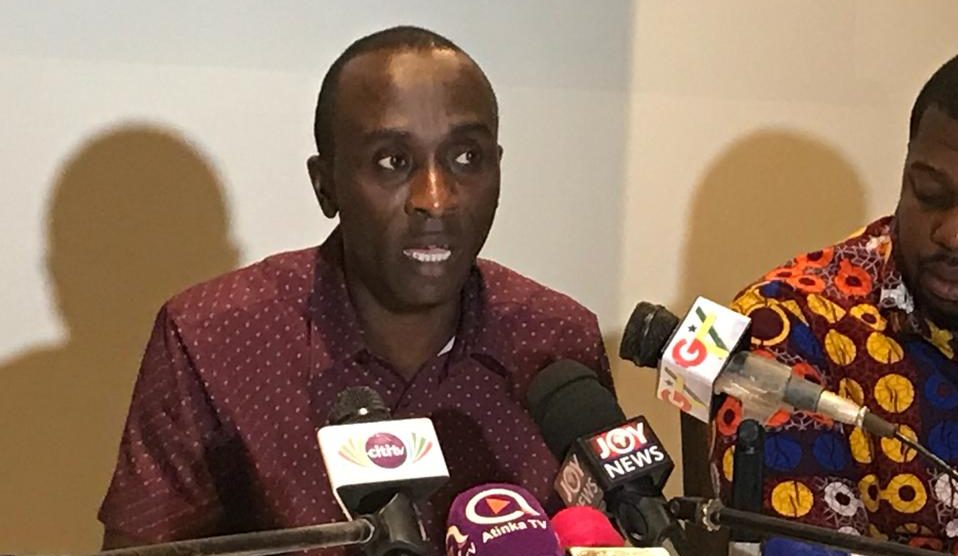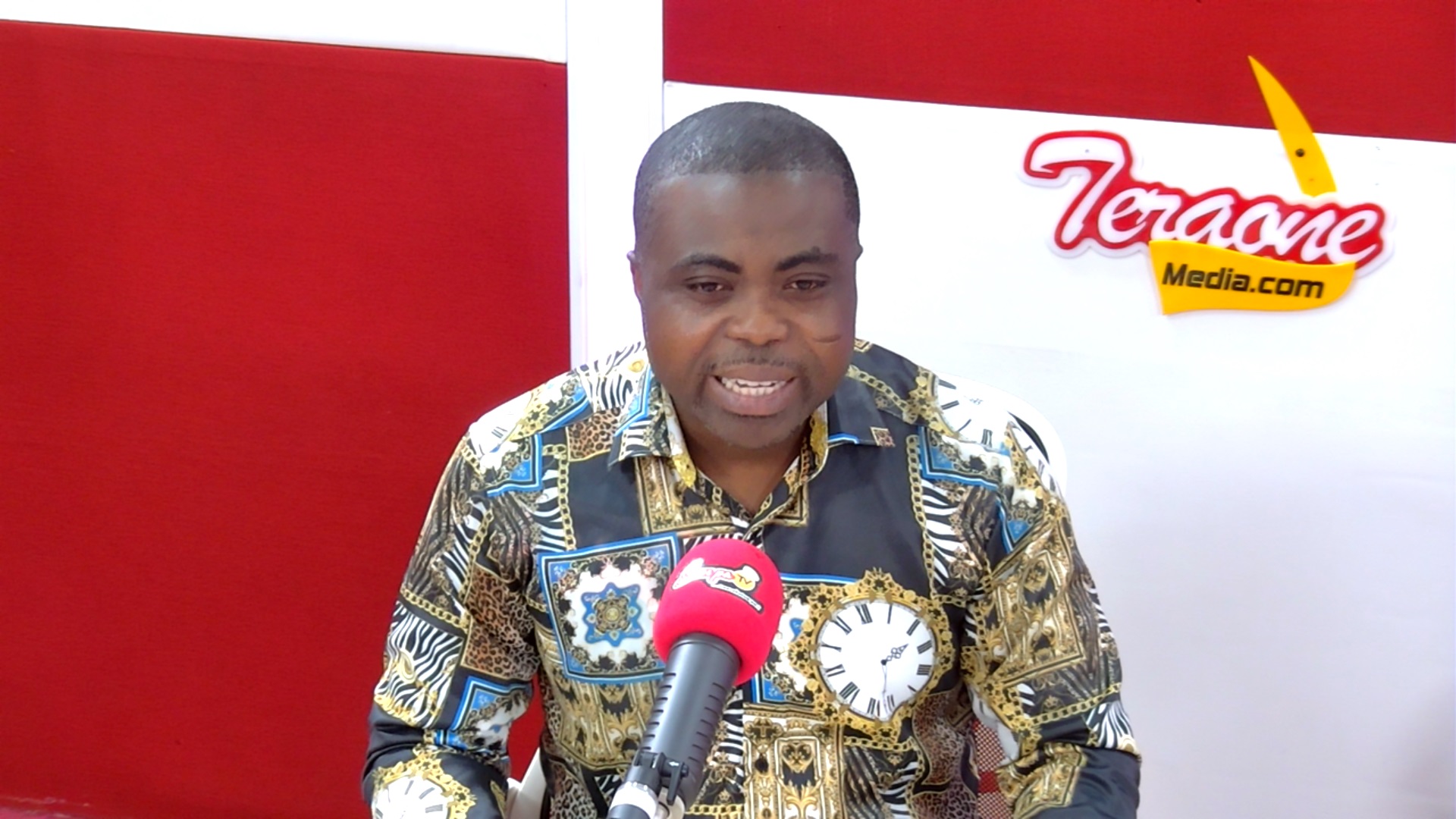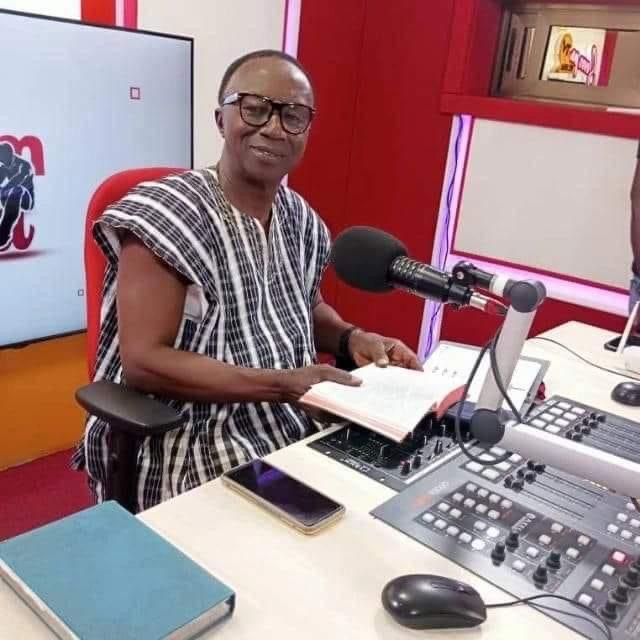John Mahama’s leadership has once again come under scrutiny in the wake of the verdict passed by the World Bank Country Director for Ghana, Pierre Frank Laporte.
Speaking in an interview with Joy News, Pierre Frank Laporte pointed out that spillovers from the energy sector is a major cause for our economic woes.
In actual fact, the World Bank boss believes that questionable energy sector agreement signed by the erstwhile Mahama administration forced Ghana into a situation where the country is now seeking support from the International Monetary Fund (IMF) for balance of payment support.
In fact, what the World Bank is simply saying here is that the persistent unreliable power supply in the Mahama era was compounded by bad Power Purchase Agreements (PPAs) that saddled the nation with huge debts in the energy sector but this avoidable energy sector debt still poses a threat to the economy for adding up to the country’s debt stock.
Honestly, it was refreshing listening to the World Bank Country Director spill the beans on official complicity on the obvious mismanagement and incompetent of our economy under the erstwhile Mahama administration.
The fact that Ghanaians are now paying the price for Mahama’s mess speak volumes.
Government has been able to pay much of the huge debt inherited in the energy sector to ensure that Ghanaians never experienced the dreaded dumsor that brought about painful socio-economic crisis to all.
The Finance Ministry has so far paid over GH₵12 billion as the cost of excess energy capacity charges inherited since 2017 just to keep the lights on. This huge amount was paid for electricity that the country did not use (excess capacity) but had to be paid anyway due to the nature of power contracts signed during the Mahama.
I would say I’m overjoyed by the verdict passed by the World Bank.
It tells us clearly that Mahama has always been a disaster of a leader.
He squandered one of the strongest political positions held by an occupant of the Jubilee House in record time.
He dissipated his political capital with a series of scandals, and with a ham-fisted mixture of denial, disorganisation and even outright lying.
But Mahama was ultimately undone not by politics but by character failings. He presided over the most corrupt regime ever in our governance history.
A tragic failure that he is, Mahama's incompetence and fragile reputation ensured that since 2017, Ghana has had to look for money to pay about 600MW of excess capacity of power that was never used.
And thanks to President Akufo-Addo's innovation, the country has crafted the Energy Sector Reform Programme (ESRP) to effectively deal with all key issues in the energy sector.
Under ESRP, the government is renegotiating with IPPs to convert purchase agreements from Take-or-Pay to Take-and Pay to put an end to the payment of excess capacity that keeps adding to Ghana’s debt stock.
Though government attempts at renegotiating with IPPAs seem a herculean task with the cordiality that has been created between the players, certainly there’s light at the end of the tunnel for Ghana.
Interestingly, the country have started paying also for annual excess gas capacity charges of between $550million and $850 million every year due to another contracts that the Mahama government entered into with gas producers too.
Specifically, government paid $520m (GH¢2.7 billion) energy sector debt in 2018; $604m (GH¢3.14 billion), 2019, $1billion (GH¢5.2 billion) payment in 2019 and now paying over $1billion.
The costs to government would increase over time due to an accumulated total of over $12.5 billion by 2023 if business as usual in the energy sector continues.
Truly, Mahama’s story as President can be told through one of two narratives. One approach, let’s call it the Shakespearean tale, is of hubris and nemesis. This is a very human story of a populist politician with a common touch, brought down by their personal failings, all very apt for a leader throwing out threats from King Lear. It is the rogue who finally got caught, or the gambler who bet the house and lost. A second way of understanding Mahama, we can call the ‘tides of fortune’ tale, is about context, and tells of a President whose sunny optimism and sloganeering strengths on governance became his downfall.
These two stories strike at the heart of how we think about leaders, and straddle the age-old question asked by Machiavelli, as to whether it is personality or context that matters in leadership.
With all due respect, the failings of the Mahama era and the country's economic malaise are laid bare in comparison to their impressive immediate predecessors.
Love them or hate them all the presidents that came before and after Mahama had clear visions which they built on while in office. Ghana was better off when they left office than when they came in.
In the case of Mahama, he was just terrible on the job and a clear hopeless situation for the country. A president who turned out to be unmitigated disaster, will certainly continue to occupy the footnote to our history.
Ernest Kofi Owusu Bempah Bonsu- Deputy Director of Communications, NPP
Source: Sompaonline.com/Akosua Sommuah













 Sompaonline.com offers its reading audience with a comprehensive online source for up-to-the-minute news about politics, business, entertainment and other issues in Ghana
Sompaonline.com offers its reading audience with a comprehensive online source for up-to-the-minute news about politics, business, entertainment and other issues in Ghana